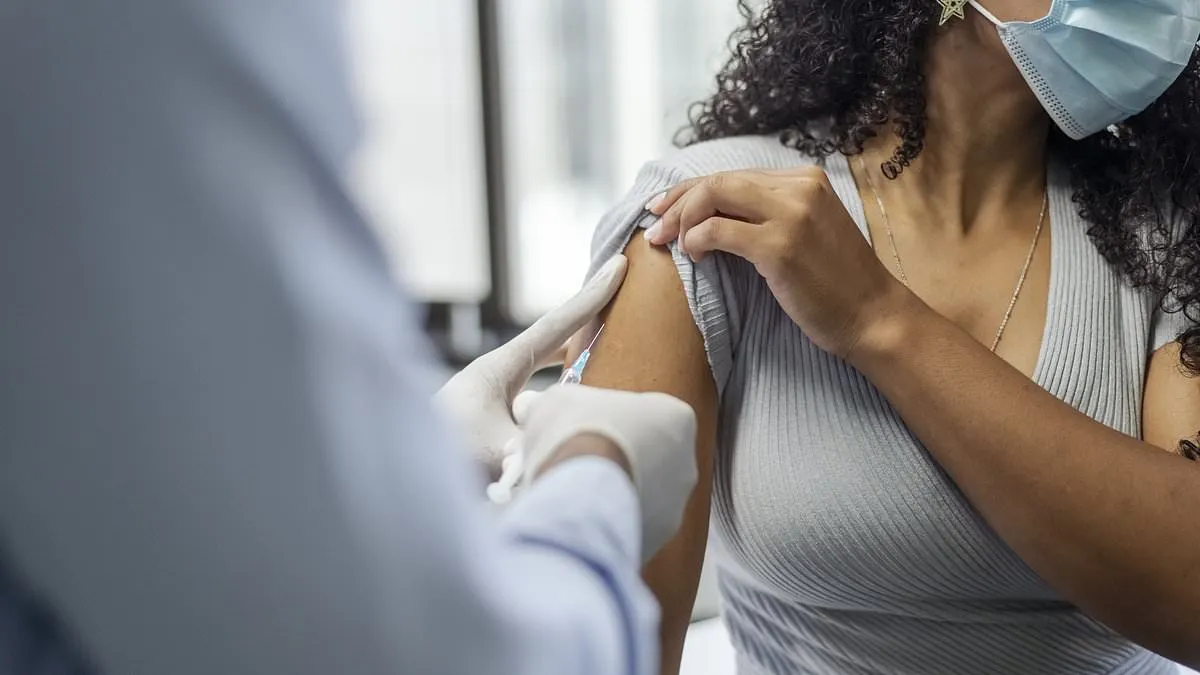
A significant US research initiative aimed at developing a vaccine against HIV has been abruptly canceled by the Trump administration, leading to widespread outrage as vital prevention efforts hit a standstill. This unexpected termination of a promising $258 million research program has stunned scientists, whose years of dedication had contributed not only to HIV vaccine development but also to treatments for COVID-19, autoimmune diseases, and even snakebite antivenom.
Researchers from Duke University and the Scripps Research Institute were informed on Friday that their funding would be cut. A senior official, who chose to remain anonymous, stated to the New York Times, "The consortia for HIV/AIDS vaccine development and immunology was reviewed by NIH leadership, which does not support it moving forward." The official indicated that the National Institutes of Health (NIH) plans to focus on existing methods to combat HIV/AIDS.
Dr. Dennis Burton, an immunologist leading the program at Scripps, expressed his disappointment, saying, "I find it very disappointing that at this critical juncture the funding for highly successful HIV vaccine research programs should be pulled."
In the United States, more than 1.2 million individuals live with HIV, with the number around 110,000 in the UK. Richard Angell, the chief executive of the HIV charity Terrence Higgins Trust, stated, "Donald Trump cutting funding for the HIV vaccine is as mind-blowing as it is heartbreaking." He emphasized that a vaccine represents the ultimate solution to the viral response and is crucial for keeping Americans safe. "A president worthy of the title would want America to be the first country to invent the HIV jab, not walk off the pitch in the eleventh hour," he added.
For decades, the United States has been at the forefront of HIV research, investing billions into pioneering scientific advancements that transformed HIV from a fatal disease into a manageable condition for millions. American laboratories were the first to decode the genetic makeup of HIV, develop life-saving antiretroviral drugs, and initiate global programs like PEPFAR, which has saved over 25 million lives worldwide. The now-canceled vaccine program exemplified US scientific leadership, uniting top researchers across the nation and advancing the field of immunology.
The cancellation of the HIV vaccine program is part of a larger rollback of federal efforts to combat HIV. The NIH has also paused funding for a clinical trial of an HIV vaccine developed by Moderna. The ongoing challenges are stark; in 2023 alone, the World Health Organization reported 1.3 million new infections globally, including 120,000 among children. In the US, over 32,000 people were diagnosed with HIV last year, with an additional 4,000 new cases in the UK.
In some US states, the repercussions are already evident. Texas's Department of Health Services has instructed grantees to pause HIV prevention activities "until further notice," while in Mecklenburg County, North Carolina, ten health department staff members have been laid off. Concurrently, several African nations are reporting significant disruptions in HIV prevention efforts due to delays in US aid.
John Moore, an HIV researcher at Weill Cornell Medical College, stated, "The HIV pandemic will never be ended without a vaccine, so killing research on one will end up killing people." He emphasized that the NIH's long-term investment in advanced vaccine technologies should not be abandoned hastily. Despite numerous failed trials to produce a traditional HIV vaccine, the teams at Duke and Scripps were exploring innovative approaches, focusing on broadly neutralizing antibodies that have shown promise in animal studies to protect against multiple strains of the virus. The abrupt funding cut risks stalling this important research pipeline.
During his first term, President Trump backed initiatives aimed at curbing the HIV epidemic. However, his second term has seen substantial cuts to prevention efforts, including the termination of grants for preventative drugs and the closure of the HIV prevention division at the CDC. Although officials have indicated that the work might be transferred to a yet-to-be-established federal agency, no specific details have been disclosed.